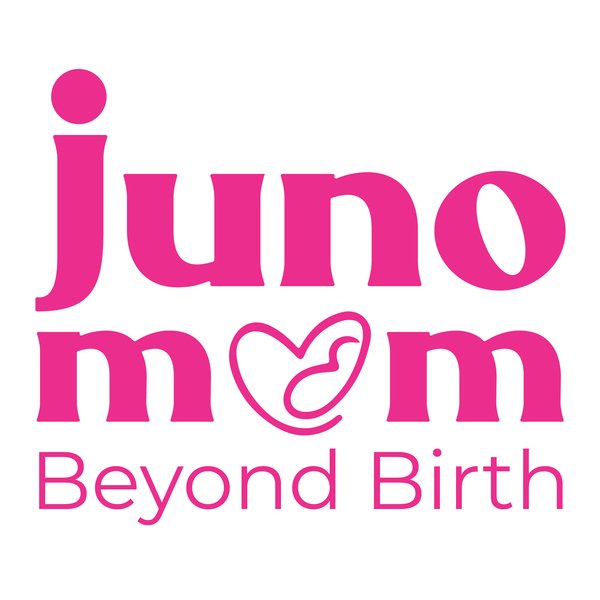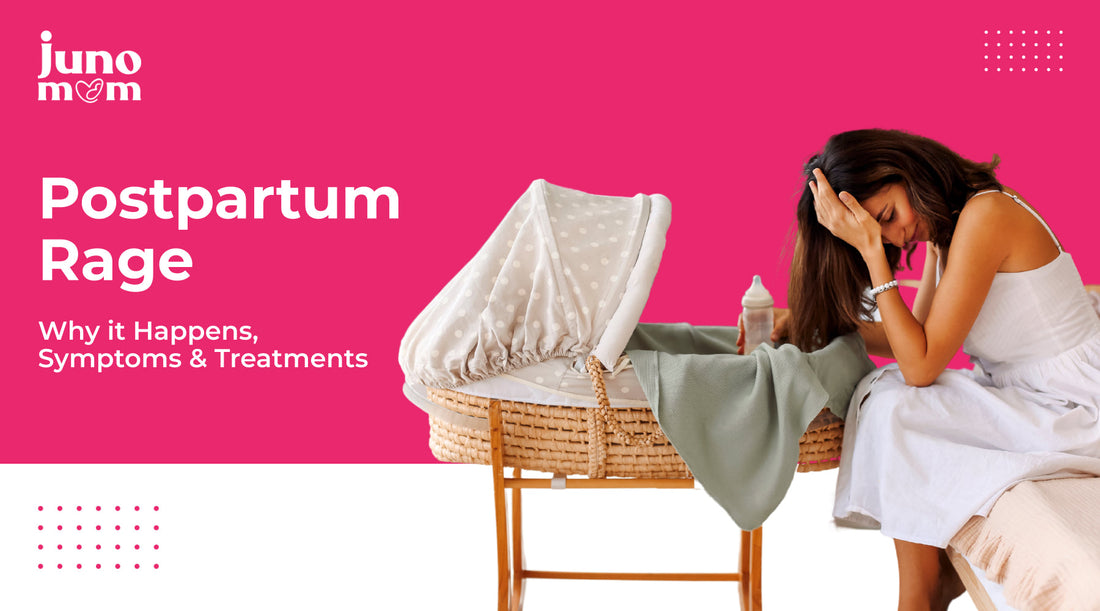Every mom-to-be has certain expectations about childbirth, like once the baby is delivered it will all be a blossom, everything will be peaceful, calm, and happy around them, and so much more. But is it really that simple and easygoing?

No, it’s not. Let us share some real insights from a mom’s life with you today. It might all seem cozy and fun, but postpartum is not just about that. As you go through various hormonal changes, you might experience sudden mood swings, extreme fatigue, etc. It’s always different for each mother. One thing that is not unseen is the postpartum rage. Mothers go through a sudden drift of emotions where they start feeling irritated, tired, restless, and angry. It is no one’s fault, it is just the nature of events that she recently went through.
Why Does Postpartum Rage Happen?

The postpartum period is a rollercoaster of physical and emotional changes, and while many of us hear about postpartum depression or the “baby blues,” not much is said about anger. So, why does it happen?
-
Hormonal Shifts: After birth, your estrogen and progesterone levels drop sharply. These hormones help stabilize your mood during pregnancy, so their sudden decrease can lead to intense emotions, including anger.
-
Sleep Deprivation: Sleep is essential for emotional regulation, and let’s face it, new moms don’t get nearly enough of it. Lack of sleep can make you feel more irritable and easily triggered by things that may not have bothered you before.
-
Changes in Identity and Responsibilities: Motherhood is a huge adjustment. You’re juggling a new role and new responsibilities, and, at times, you might feel a loss of your former self. This change can be overwhelming and lead to feelings of frustration.
-
Lack of Support or Unmet Expectations: If you feel like you’re not getting enough support from your partner, family, or friends, it can build up feelings of resentment. The pressure to “do it all” while caring for a newborn can be too much, especially if reality doesn’t match your expectations.
- Underlying Mental Health Conditions: Postpartum rage can sometimes be linked to other mental health conditions, such as postpartum depression or anxiety. It’s essential to recognize that these conditions can present in different ways.
What are the Symptoms of Postpartum Rage?

Postpartum rage can be a surprising and challenging experience for many new mothers. While it's less commonly discussed than other postpartum symptoms, recognizing its signs can be helpful for managing it effectively. Some symptoms to determine are:
- Sudden bursts of anger or irritation over minor things.
- A racing heart, clenched fists, muscle tension, or feeling “hot” and restless.
- Being easily triggered and emotions are always on edge.
- After a burst of anger, guilt creeps in with self-blame.
- Overthinking and pondering over the same thoughts.
All these signs are easy ways of determining that you might be experiencing postpartum rage and it can be harmful to you and your baby’s health in the future.
How To Treat Postpartum Rage?

If you’re feeling unexpected bursts of anger, don’t worry, you’re not alone, and you’re not a “bad mom.” Postpartum rage is real, and understanding how to treat it can help you manage it and find the support you deserve.
One thing you must know, postpartum rage is not similar to postpartum depression but if not treated timely it can be a symptom of it in the long run.
The good news? There are some ways to manage postpartum rage and find some peace in your new role, check them out:
-
Take therapy or consulting sessions to be able to address the issues, feel seen, and discuss your mind openly. The biggest step towards getting better is always addressing the issue. Join groups or communities where mothers talk about it.
-
You might need medications and you must consult your doctor for the same. Only have prescribed medicines.
-
Prioritize sleep, consume regular and nutritious meals, and do not get lazy, try to do some physical workouts as your body allows.
-
Join communities and groups to be able to share your experiences. Take support from your family and friends as much as possible.
-
Identify your trigger points and make sure to get over them. Start journaling and be more communicative.
-
Set all your boundaries and be mindful of your own health. Do not compromise with mental well-being, try meditation and more calming techniques.

What majorly you need to do is, give it some time. The healing journey can seem to be slow and repetitive, but you must stay patient. Do not panic, you will surely start feeling better.
This postpartum rage can feel disturbing, it might start feeling like a question of your identity and personality. Do not take it in a negative way. It’s also a way for your body to release tension, fear, frustration, loneliness, and other such overwhelming emotions.

If you need time alone, take it.
You need the support of your partner, do not hesitate to ask for it. They won’t know what you’re feeling until you tell them. You need more sleep, rest, and extra comfort, take help from others for your baby.
You will be fine in some time, just let yourself feel everything and start the healing journey eventually.


